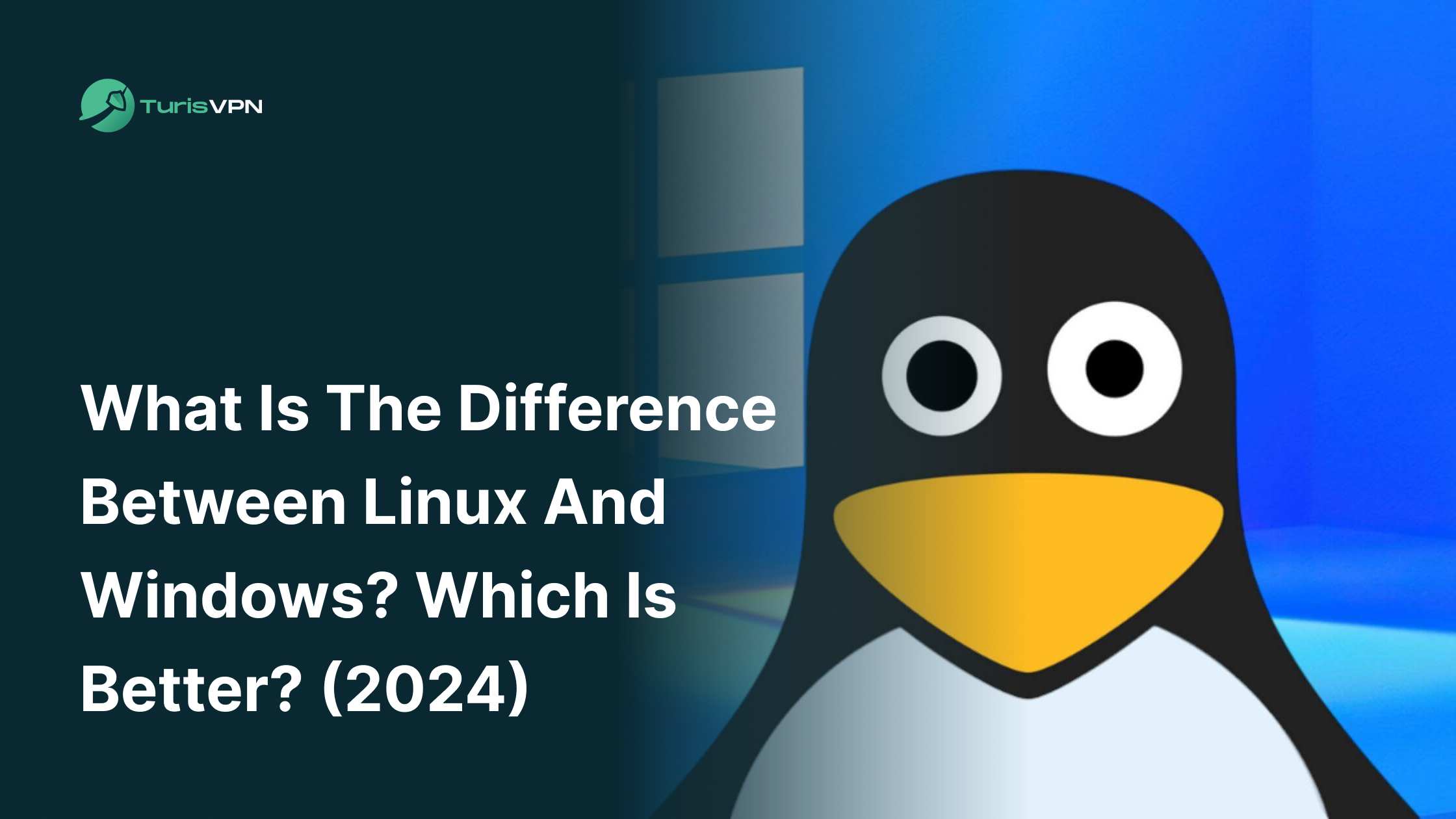The difference between Linux and Windows is a major consideration for both individual users and businesses when it comes to choosing an operating system.
Windows is popular and user-friendly, making it a top choice for most people. On the other hand, Linux, though less common, offers more control and customization, especially for users with technical skills.
Which system is better for you? Read on to explore the key differences between Linux and Windows and decide which is best for your needs in 2024.
Key Takeaways
- Linux is free, open-source, and customizable, ideal for tech-savvy users and developers.
- Windows offers ease of use and broad compatibility with a wide range of software, ideal for general users, gamers, and businesses.
- Security on Linux is stronger due to its open-source nature and user permissions, while Windows offers real-time protection but is more targeted by hackers.
- Enhance your online security with TurisVPN, which ensures safe browsing on both Linux and Windows systems.
Quick Comparison: Linux vs. Windows
When choosing between Linux and Windows, understanding the key differences can help you make the right decision based on your needs. Below is a quick comparison of both operating systems:
| Feature | Linux | Windows |
| Cost | Free | Paid, varies by version |
| Licensing | Open-source | Proprietary |
| Customization | Highly customizable | Limited customization |
| Ease of Use | Harder to learn | Easy for beginners |
| Software Compatibility | Great for open-source apps, fewer mainstream options | Excellent for popular software |
| Security | Very secure, community-driven updates | Secure, regular updates |
| Support | Community support | Professional support available |
| Best For | Developers, servers, advanced users | General users, businesses, gamers |
| Performance | Efficient, runs well on old hardware | Needs more resources, better for gaming |
What Is Linux?
Linux is a free, open-source operating system created in 1991 by Linus Torvalds. It’s based on Unix and is widely used across a range of devices, from personal computers to servers, smartphones, and even supercomputers.
Linux is the third most popular desktop operating system globally. As an open-source system, its code is freely available for anyone to modify, making it highly customizable and secure.
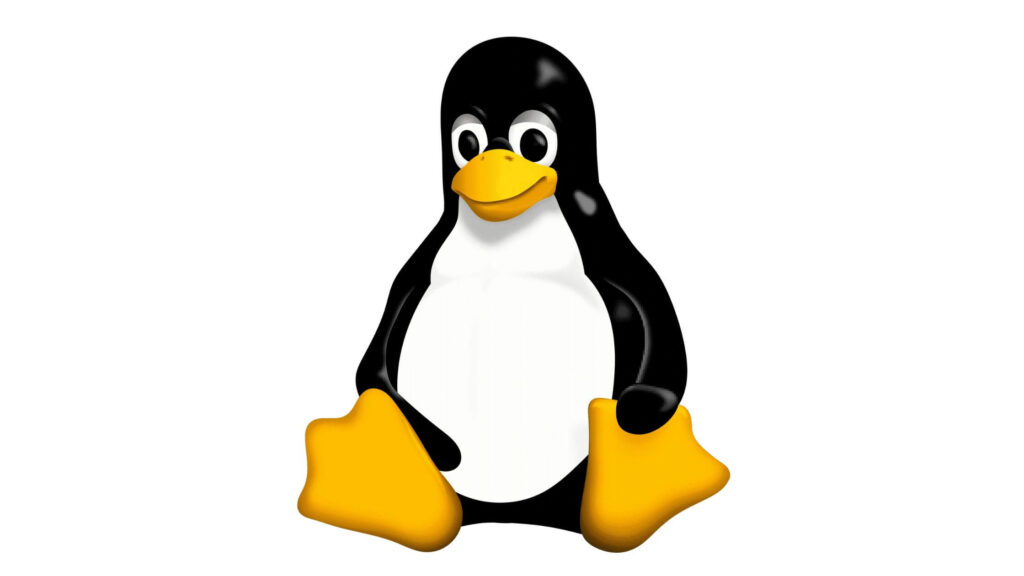
Pros and Cons
Pros
- Open-source: Access and modify the source code for full control.
- Free: Most Linux distributions are free to download and use.
- Highly customizable: Offers countless options to adjust the system to your needs.
- Efficient: Can run smoothly even on older or less powerful hardware.
- Secure: Strong user permissions make it more resistant to malware and viruses.
Cons
- Steep learning curve: More challenging for beginners, especially for those used to Windows or macOS.
- Limited software support: Not all mainstream software is compatible with Linux.
- Hardware compatibility: May require additional configurations for certain devices and drivers.
Who should choose Linux?
With a strong focus on privacy and security, Linux is a preferred system for developers, IT professionals, and tech-savvy users.

Linux is also ideal for those who seek more control over their operating system, as well as those looking for a cost-effective, secure, and customizable solution. It’s also great for older hardware due to its low system requirements.
What Is Windows?
Windows is a computer operating system created by Microsoft to run personal computers.
It was first introduced in 1985 and is used on most desktop computers around the world today. As of 2024, Windows has a market share of around 73%, making it the most commonly used operating system globally.
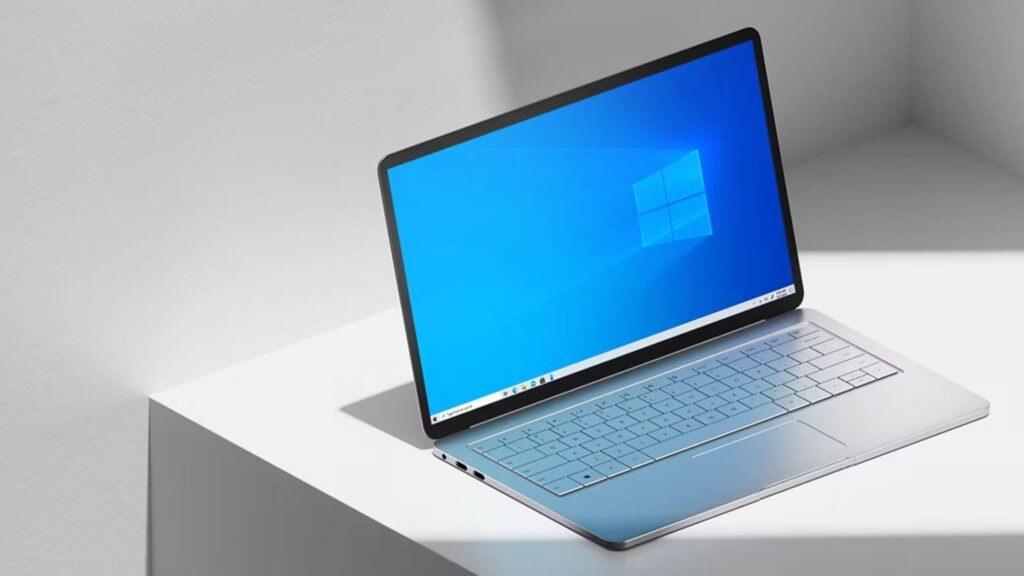
Windows is known for its simple, user-friendly interface, which makes it accessible to people of all technical backgrounds. It powers various devices, including personal computers, tablets, and servers.
Pros and Cons
Pros
- User-friendly: Easy to use for beginners and tech enthusiasts alike.
- Widespread software support: Supports a vast range of applications and games.
- Pre-installed on many devices: Comes pre-installed on most PCs.
- Frequent updates: Regular updates for security and performance improvements.
Cons
- Resource-intensive: Requires more hardware power, which can be an issue for older machines.
- Less secure: Frequently targeted by hackers due to its popularity.
- Cost: Requires users to purchase a license, unlike free alternatives like Linux.
Who should choose Windows?
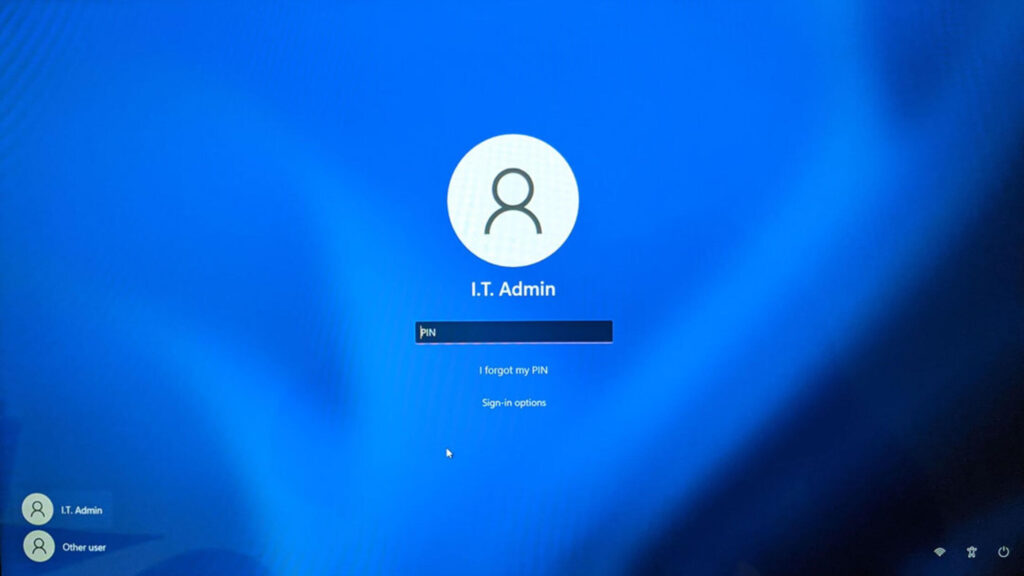
Windows is perfect for general users, gamers, and businesses. It’s great for people who want an easy-to-use system with plenty of software options. Gamers especially benefit from Windows, as most games are made for this platform. It’s also ideal for businesses that need reliable software for productivity.
The Main Differences Between Linux And Windows (2024)
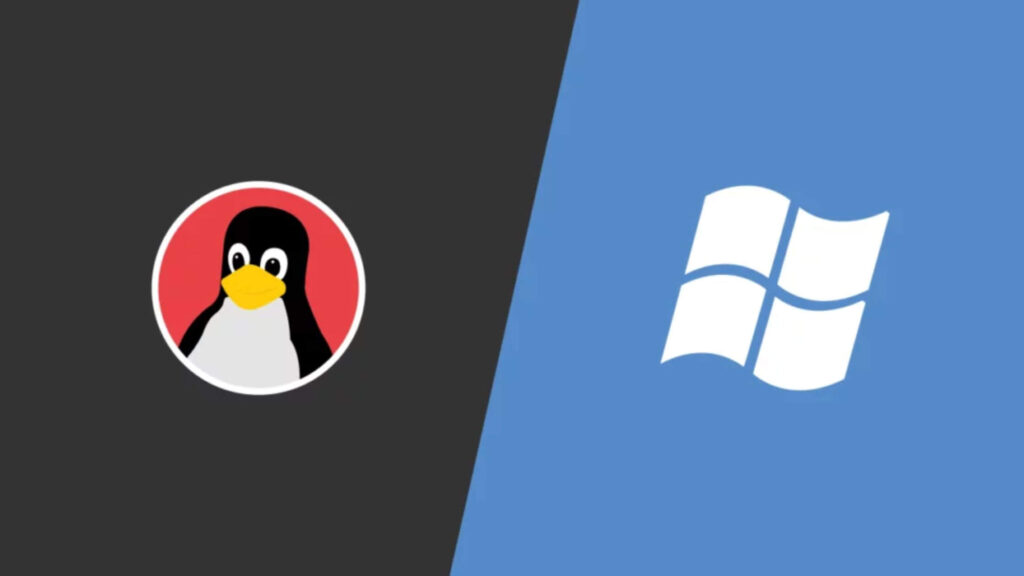
1. Price
Linux is completely free. It’s open-source, meaning you can use, modify, and distribute it without any cost. This makes it perfect for personal users, startups, or schools where the budget is limited.
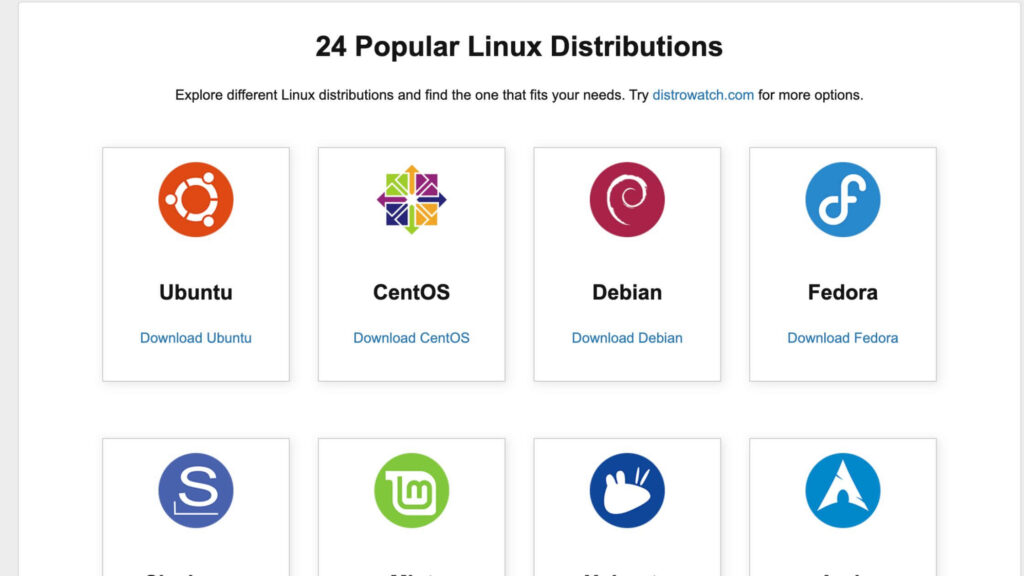
Most popular Linux distributions like Ubuntu and Fedora can be downloaded and used right away. Moreover, the Linux community offers free support and regular updates, making it a cost-effective solution.
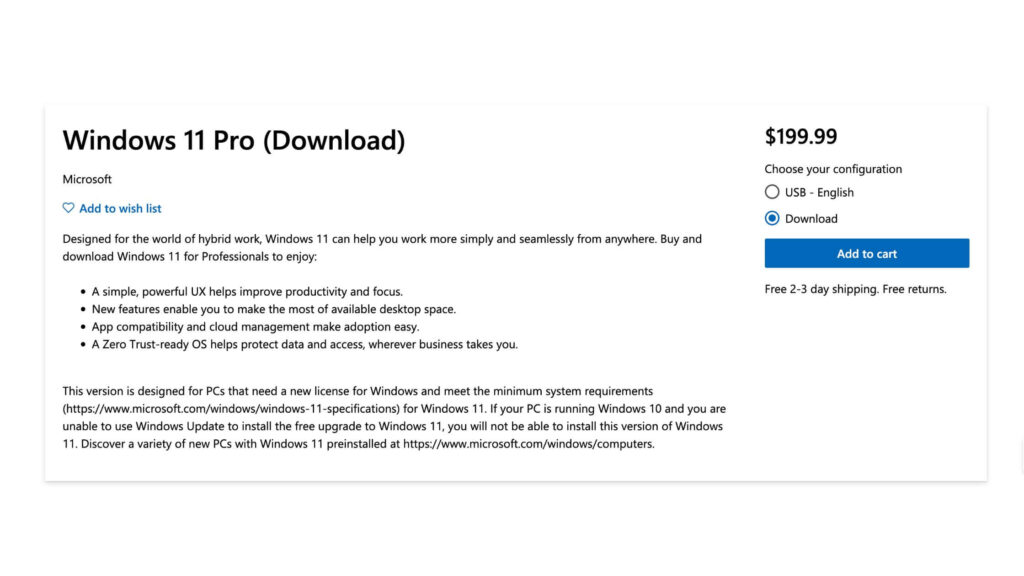
Windows, however, is a paid operating system. Users must buy a license from Microsoft. The price can vary depending on the version, such as Windows Home or Pro. Below is a table outlining the approximate prices for different Windows versions:
| Windows Edition | Best for | Price (USD) |
| Windows 11 Home | Home users with essential features. | $139 |
| Windows 11 Pro | Business and professional use. | $199 |
| Windows Server 2022 Standard | Businesses requiring basic server functionalities. | $1,069 |
| Windows Server 2022 Datacenter | Llarge-scale virtualization and data centers. | $6,155 |
Businesses especially need to consider the cost of multiple licenses, which can be quite expensive. But Windows comes with built-in support and professional tools, making it a valuable option for many companies.
- Who wins: If budget is a primary concern, Linux clearly wins as it’s free.
2. Efficiency
Linux is known for its low resource usage. It can run smoothly even on older hardware, making it an excellent choice for users with limited system resources.
Its minimal background processes and ability to customize components give users the flexibility to strip down the OS to what is necessary. This leads to faster performance, especially for developers, IT professionals, and those managing servers.
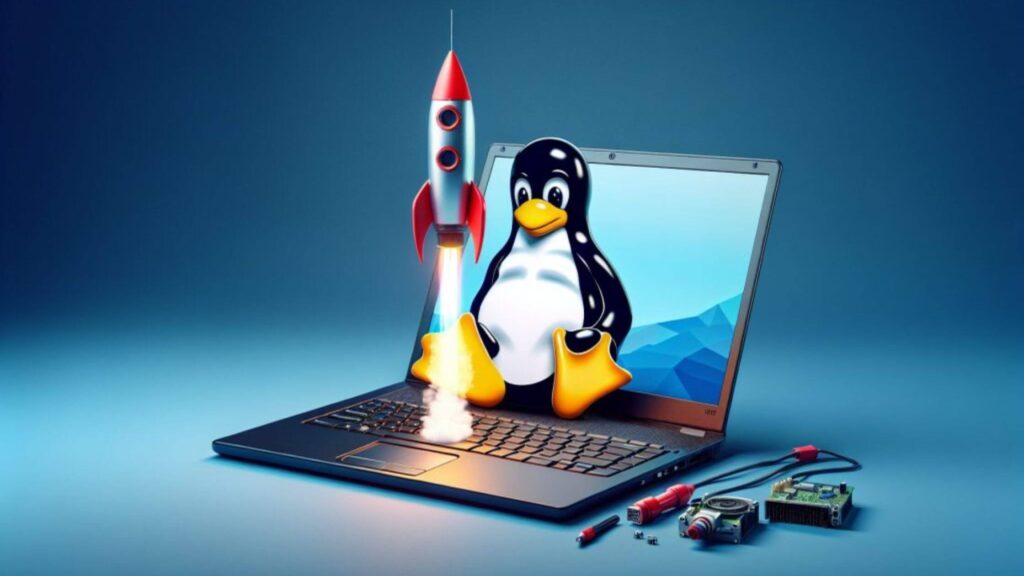
Windows, on the other hand, is more resource-intensive. It requires more system power, especially for tasks that involve its graphical user interface and background services. While newer versions like Windows 10 and 11 have improved in managing resources, it still needs more memory and processing power compared to Linux. However, Windows excels in handling high-performance tasks, especially gaming and multimedia.
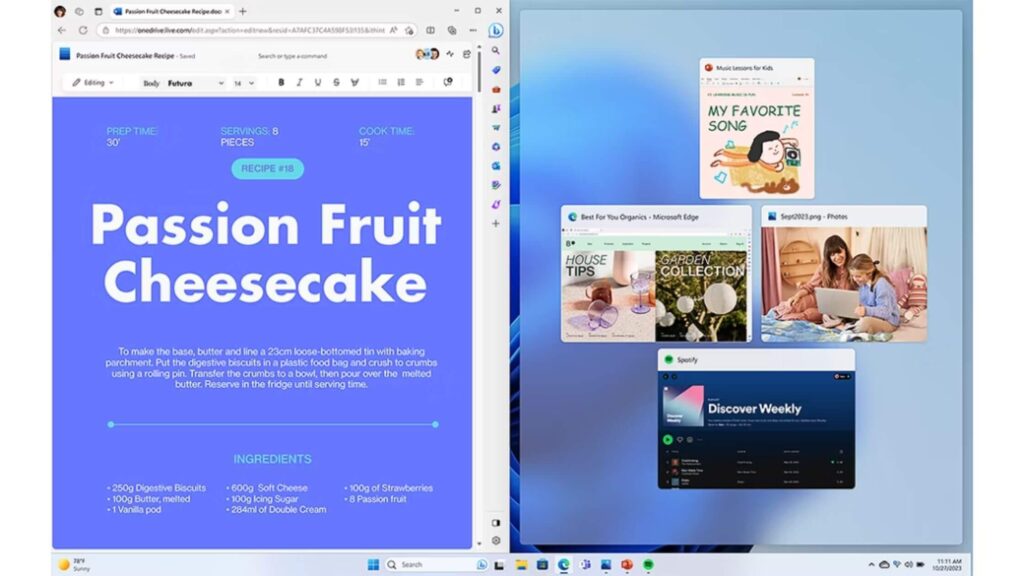
- Who wins? Linux is the clear winner for users who want a lightweight, efficient system. Windows is more suited for users who need broad compatibility.
3. User Experience
Linux is highly customizable, with various distributions (or “distros”) like Ubuntu, Fedora, and Mint, users have full control over the look, feel, and functionality of the system. However, this level of control comes with a steeper learning curve, especially for those unfamiliar with command-line interfaces (CLI).
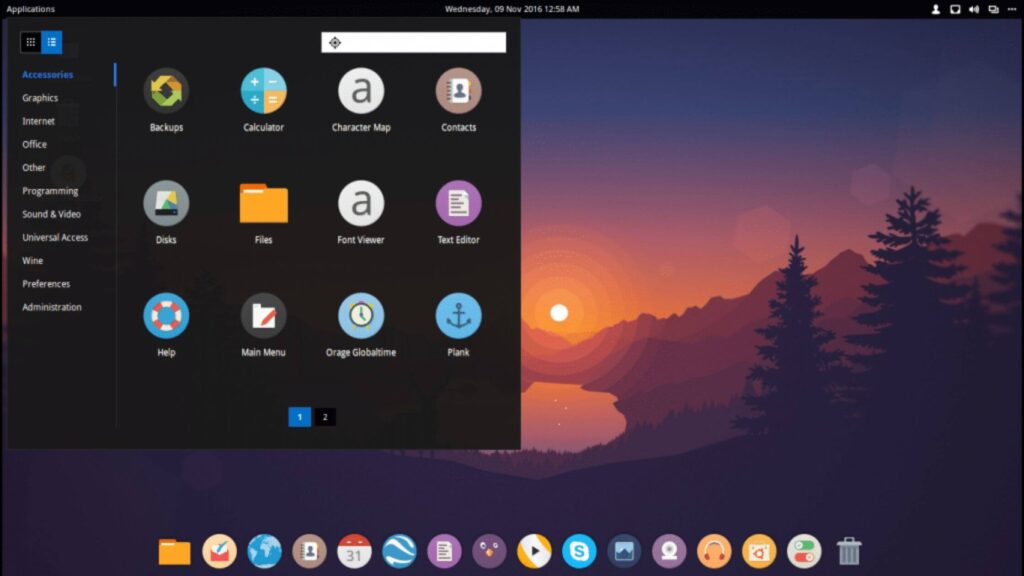
Many Linux tasks, like software installations or system updates, require command-line usage, which might be intimidating for beginners. Although some Linux distros have user-friendly graphical interfaces, the system still demands more technical knowledge compared to Windows.
Windows dominates the desktop market due to its familiarity and ease of use. Its interface is designed to be intuitive, with elements like the Start Menu, taskbar, and File Explorer remaining consistent across versions.
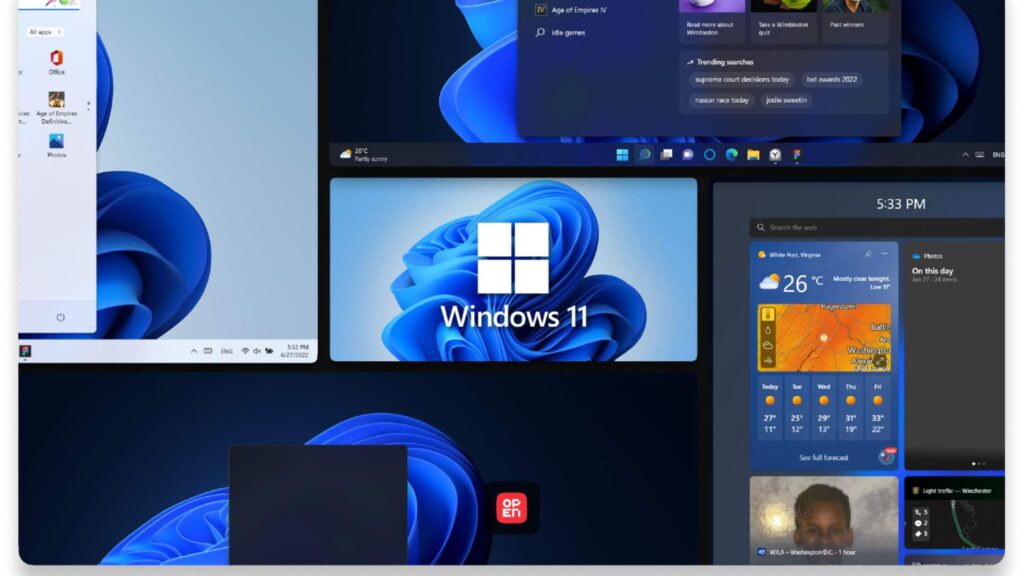
Windows also provides extensive software and hardware support, offering compatibility with most devices out of the box. Its plug-and-play functionality ensures that even non-technical users can set up their systems without manually configuring hardware drivers or other settings.
- Who wins? It depends on the user. Linux is ideal for those who value customization, control, and efficiency. Windows is perfect for beginners or users who prioritize familiarity, ease of use, and broad software compatibility.
4. User Type
In Linux, users have more flexibility and control over the system, with three main user types: system users (used by services for processes), regular users (for everyday tasks with limited access to sensitive files), and superusers (root users with complete access to modify the system and manage other accounts).
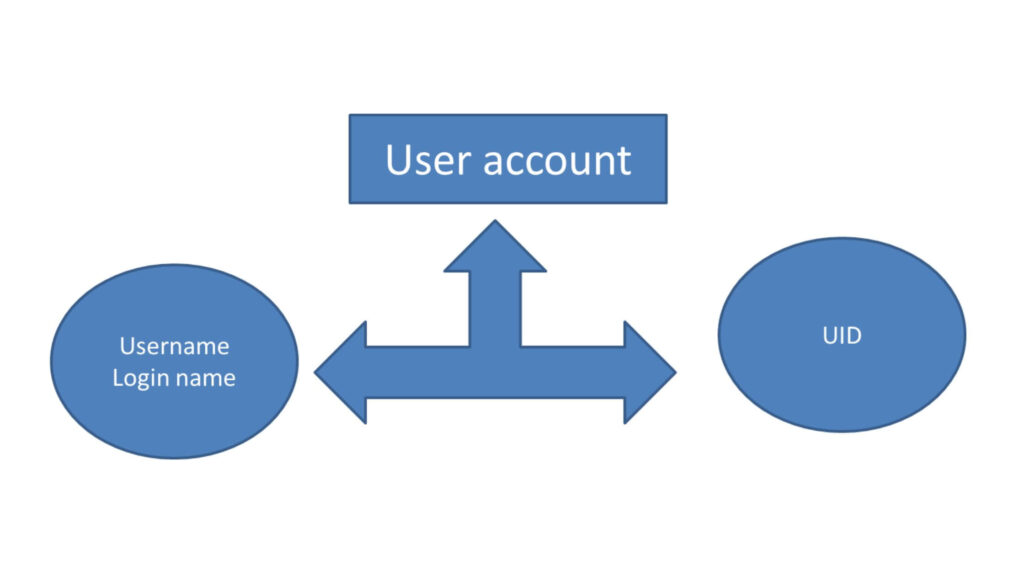
Each user account has its own permissions, ensuring a balance between usability and security.
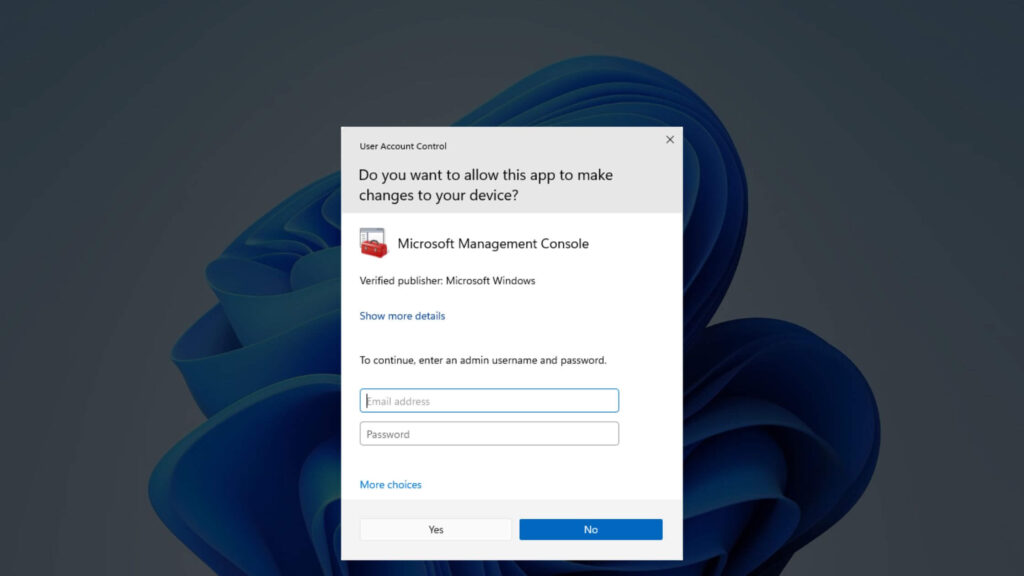
Windows simplifies its user types with three options: standard users (for everyday use with limited permissions), administrators (with full access to system settings and the ability to manage other accounts), and guest users (temporary accounts with minimal access). The straightforward user types cater to businesses and individuals who want simplicity without needing to manage permissions.
- Who wins? It depends on your needs. Linux offers greater control and flexibility. On the other hand, Windows values simplicity and ease of use over detailed user account management.
5. Security
Linux is known for strong security, thanks to its open-source nature. Developers across the world can review, identify, and fix vulnerabilities quickly.
Its decentralized structure uses strict user permissions, so most users only have limited access, while administrative tasks are reserved for the root user.
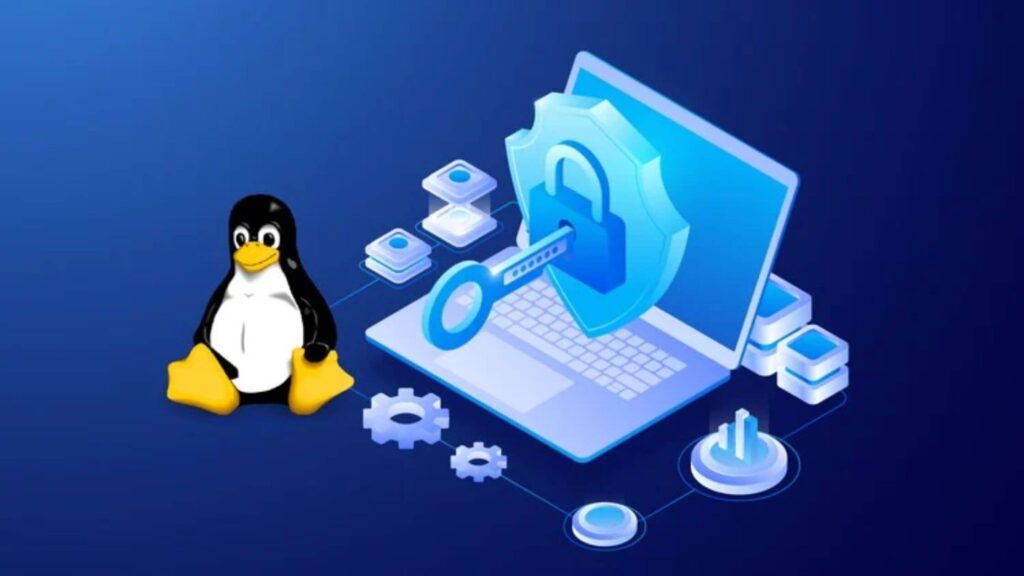
This limits the damage caused by malware. Additional security layers, like SELinux and AppArmor, enhance protection by controlling how apps interact with the system.
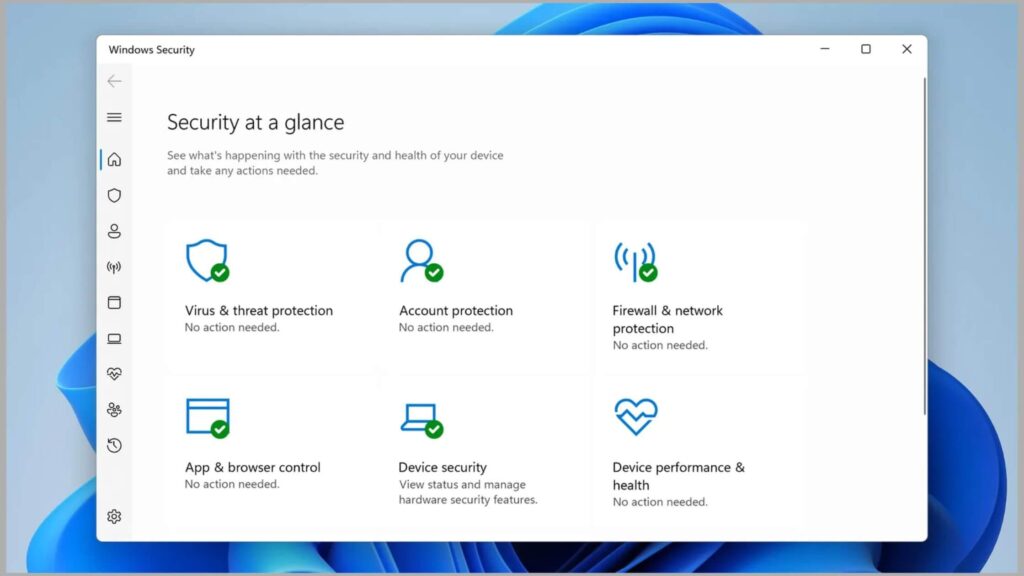
Windows, with its large user base, is often targeted by cyberattacks. However, Microsoft has enhanced its security with tools like Windows Defender, offering real-time protection against malware.
Regular automatic updates ensure users get the latest security patches. Features like BitLocker for encryption and Windows Hello for biometric login have strengthened Windows security, but full administrative access to users can still pose risks if breached.
Who wins: Linux is the more secure choice due to its open-source, customizable framework and strict user permissions.
How To Choose the Best Operating System: Linux vs Windows?
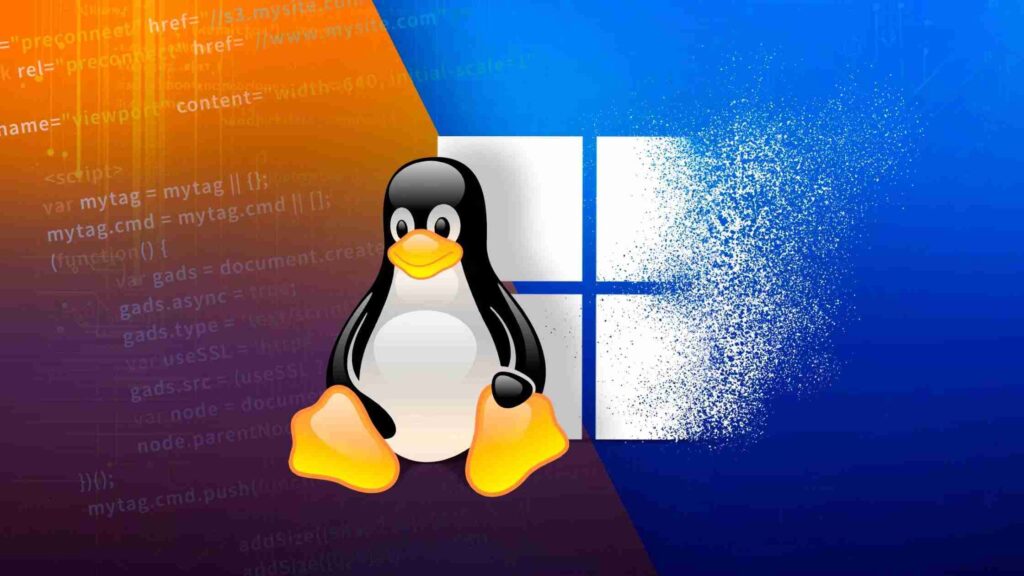
When deciding between Linux and Windows, the right choice depends on your specific needs, preferences, and technical comfort level:
Linux: Ideal for Customization and Cost Efficiency
- Linux is perfect for users who want a flexible and secure system. Its open-source nature allows you to modify and customize almost every part of it.
- Linux is also free, making it a cost-effective solution, especially for developers, IT professionals, and organizations with limited budgets.
- It’s highly secure due to frequent updates and its user permissions system.
Windows: Great for Ease of Use and Software Support
- Windows is known for its user-friendly interface and vast software support.
- Windows is widely compatible with a variety of applications, games, and hardware, making it popular for general use, especially for gamers, businesses, and non-technical users.
- Its strong vendor support, regular updates, and integration with Microsoft products (like Office) make it ideal for professionals and businesses.
If you’re tech-savvy and enjoy tinkering with your system, Linux provides endless customization options and superior security. For users who prioritize ease, compatibility, and widespread software availability, Windows is likely the better choice.
Strengthen Your Security While Browsing on Laptop with TurisVPN
Protecting your online privacy is more important than ever, especially when browsing on public networks or unsecured connections. TurisVPN offers a simple and effective solution to keep your data safe while you explore the internet.

TurisVPN encrypts your connection, ensuring your personal information stays protected from hackers and prying eyes. Here is a simple step-by-step guide to install and use TurisVPN:
- Step 1: Visit TurisVPN website to download and install the app compatible with your operating system.
- Step 2: Once logged in, choose a server from the available countries.
- Step 3: Hit the Connect button and browse safely on your laptop.
Bottom Line
Choosing between Linux and Windows depends on your specific needs. The best operating system will align with your personal requirements, whether that’s flexibility and security with Linux, or convenience and wide-ranging software options with Windows. Whichever you choose, consider enhancing your online security with TurisVPN for a safer browsing experience.
FAQs
Is it better to run Linux or Windows?
It depends on your needs. If you’re looking for an open-source, customizable, and secure system, Linux might be better for you. On the other hand, if you want a user-friendly interface with wide compatibility for software and hardware, Windows is a better choice for most general users.
Does Windows use more CPU than Linux?
No, some users say much higher CPU usage on Linux than on Windows, depending on the distribution, drivers, and specific configurations. While Linux is generally more efficient and lightweight, poorly optimized setups or heavy tasks can cause higher CPU usage on certain Linux systems.
Why do hackers prefer Linux over Windows?
Hackers prefer Linux for several reasons. First, its open-source nature allows users to view and modify the source code, giving hackers greater control over the system. Secondly, many servers and networks run on Linux, making it essential for hackers aiming to access server environments.
